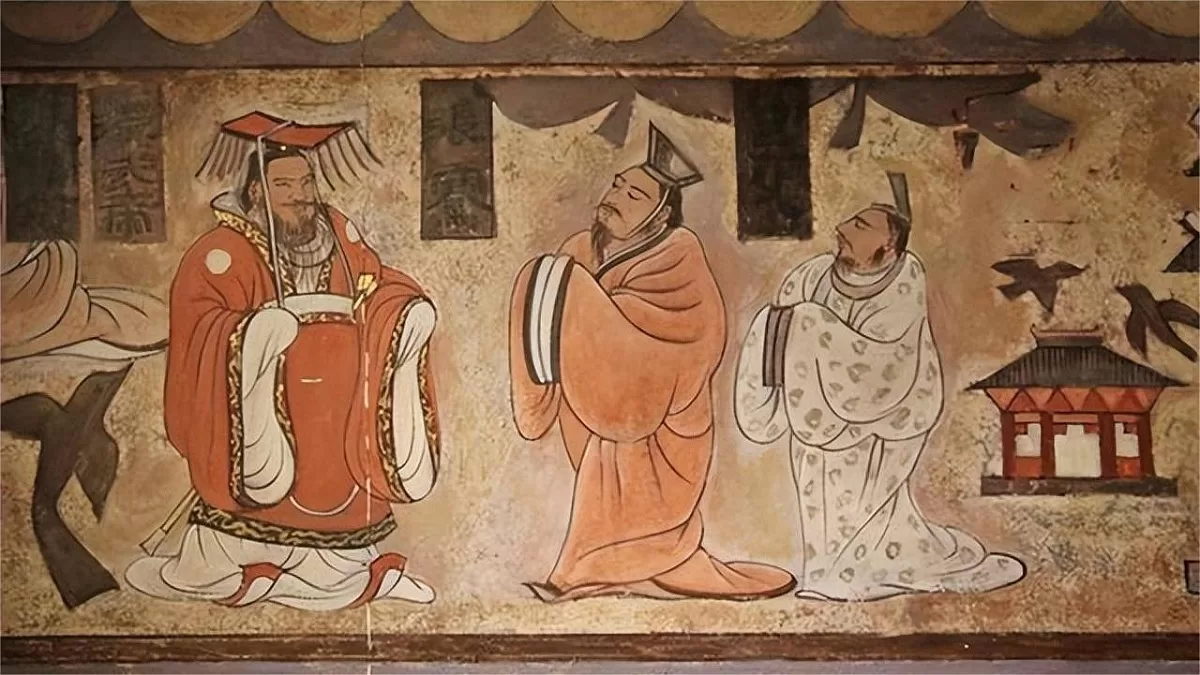Emperor Wu of Han, also known as Han Wudi, was one of the most remarkable rulers in Chinese history. His reign, which lasted from 141 BC to 87 BC, marked a significant period of consolidation and expansion for the Han Dynasty. Over the course of his 54-year rule, Emperor Wu accomplished numerous achievements that left a lasting impact on Chinese society, politics, and culture.
1. Military Campaigns and Expansion: One of the most prominent aspects of Emperor Wu’s reign was his ambitious military campaigns to expand the Han Dynasty’s territory. He launched several successful military expeditions to the north and south, annexing and incorporating vast regions into the empire. Notably, his campaigns against the Xiongnu nomadic tribes in the north were crucial in establishing the northern frontier of China and securing trade routes along the Silk Road.
2. Diplomacy and Alliances: Emperor Wu also recognized the importance of maintaining diplomatic relations with neighboring states. He skillfully negotiated alliances and established friendly ties with various regional powers, such as the Wusun and Dayuan, to counterbalance the Xiongnu threat and foster trade and cultural exchange.
3. Domestic Policies: Within the Han Dynasty’s borders, Emperor Wu implemented several domestic policies aimed at strengthening the central authority and promoting social stability. He undertook land reforms to redistribute wealth and reduce the power of large landowners, leading to a more equitable distribution of resources among the populace. Additionally, he expanded the system of imperial examinations to recruit talented officials based on merit rather than hereditary privilege, enhancing the efficiency and effectiveness of the bureaucracy.
4. Economic Reforms: Under Emperor Wu’s rule, the Han economy flourished through various reforms. He standardized coinage, promoted agricultural development, and invested in infrastructure projects, including the construction of roads and canals. These measures stimulated trade and facilitated the movement of goods and people throughout the empire, contributing to its economic prosperity.
5. Cultural Patronage: Emperor Wu was a strong patron of the arts and literature. He supported the compilation of historical texts, including the “Records of the Grand Historian” by Sima Qian, which remains a valuable source of information on ancient China. The emperor also encouraged Confucianism and other philosophical schools, further solidifying their influence on the ruling class and society.
6. The Introduction of the Silk Road: Emperor Wu’s successful military campaigns against the Xiongnu opened up new trade routes and facilitated contact with the West. These connections led to the establishment of the Silk Road, which became a vital conduit for cultural and commercial exchanges between China and Central Asia, the Middle East, and eventually Europe.
7. Agricultural Reforms and Food Security: Recognizing the importance of agriculture, Emperor Wu introduced agricultural reforms to increase food production and ensure food security for the growing population. These reforms included the introduction of new crop varieties, irrigation systems, and agricultural tools.
8. Enhancing Imperial Power and Centralization: Emperor Wu centralized power in the imperial court and expanded the authority of the Han Dynasty. He reduced the power of regional warlords and aristocratic families, leading to a more unified and centralized government structure. His reign marked a pivotal transition from the feudal system to a more centralized bureaucratic system that would continue for centuries.
9. Legacy and Historical Significance: Emperor Wu’s accomplishments during his reign significantly influenced the subsequent development of Chinese history and culture. The expansion of the Han Dynasty’s borders and the establishment of diplomatic relations laid the groundwork for China’s future geopolitical position in East Asia. His emphasis on Confucianism and merit-based recruitment for officials shaped the Chinese bureaucracy for centuries to come. Additionally, the Silk Road played a crucial role in the exchange of goods, ideas, and cultures between East and West.
In conclusion, Emperor Wu of Han’s 54-year reign was a period of remarkable accomplishments that transformed China into a powerful and culturally rich empire. His military campaigns, diplomatic endeavors, domestic policies, and cultural patronage all contributed to the enduring legacy of the Han Dynasty and left an indelible mark on Chinese history.


